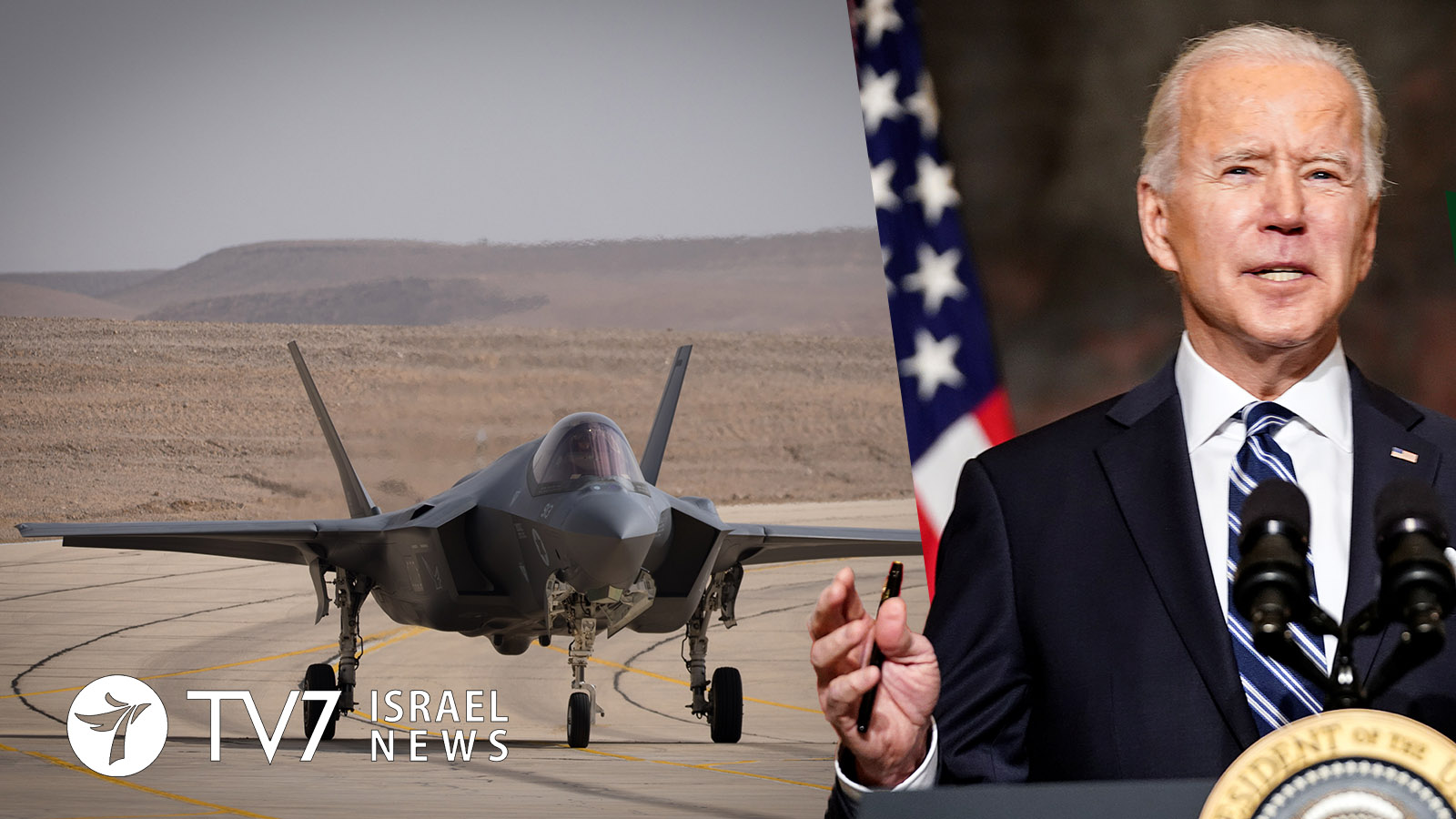The administration of United States President Joe Biden has suspended massive arms sales to foreign nations.
The State Department maintained that it is “temporarily pausing the implementation of some pending U.S. defense transfers and sales under Foreign Military Sales and Direct Commercial Sales to allow incoming leadership an opportunity to review,” and that the decision is “a routine administrative action typical to most any transition, and demonstrates the Administration’s commitment to transparency and good governance, as well as ensuring U.S. arms sales meet our strategic objectives of building stronger, interoperable, and more capable security partners.”
Officials say the halt will include the controversial $23 billion transfer of stealth F-35 fighter jets to the United Arab Emirates authorized by former president Donald Trump, following his administration’s brokering of Abu Dhabi’s agreement to normalize ties with Jerusalem.
While the Trump Administration asserted the UAE package was part of its campaign to bolster regional opposition to Iran, Democratic lawmakers expressed concern the deal was too rushed and could possibly erode the US commitment to ensure Israel’s Qualitative Military Edge (QME) in the Middle East. Attempts by the Senate to block the deal within a month after declaration of the deal on 10 November 2020 failed. If realized, the UAE will be the only other country in the region to possess the advanced fighter jets other than Israel.
Israeli Prime Minister Benjamin Netanyahu denied allegations from opposition and other domestic leaders that he had covertly approved the US-UAE deal to secure the first peace treaty with an Arab state in decades. Several of the Premier’s critics charged he recklessly sacrificed the IDF’s key military advantage for purely political self-promotion to tout the Abraham Accords with nations against which Israel has never faced on the battlefield.
The Abraham Accords are a series of US-brokered agreement to normalize diplomatic ties between Israel and Arab and Muslim countries. In addition to the UAE, Israel reached deals with Bahrain, Sudan and Morocco over the past several months.
While US President Joe Biden is expected to shift foreign policy away from Trump’s “America First” stance, the Democrat vowed to build on the success of Israel’s normalization treaties.
US Secretary of State Antony Blinken told Israeli Foreign Minister Gabi Ashkenazi that the Biden Administration welcomes recent progress achieved by the “Abraham Accords,” and will continue to work closely with Jerusalem to advance peace in the region.
“Foreign Minister Ashkenazi and Secretary Blinken acknowledged the steadfast partnership between the United States and Israel, and that the two countries would work closely together on challenges ahead,” said the State Department in a statement.
Blinken also reaffirmed Washington’s unwavering commitment to Israel’s security during a telephone conversation with his counterpart in Jerusalem.
Meanwhile, the State Department said that the Biden Administration has yet to determine whether any of the tens of billions of dollars of weapons deals approved in the waning months of the Trump presidency will actually go through. This would include a massive arms shipment to Saudi Arabia which had been pushed through by former Secretary of State Mike Pompeo on an emergency basis that circumvented legislative approval.
The White House has been revaluating its policy on Yemen, where the United Nations has identified one of the world’s worst humanitarian crises. This would likely entail review of the Trump Administration’s designation of the Iran-aligned Houthi movement in Yemen as a Foreign Terrorist Organization, which has been battling neighboring Saudi Arabia and the Saudi-backed government in Sana’a.
